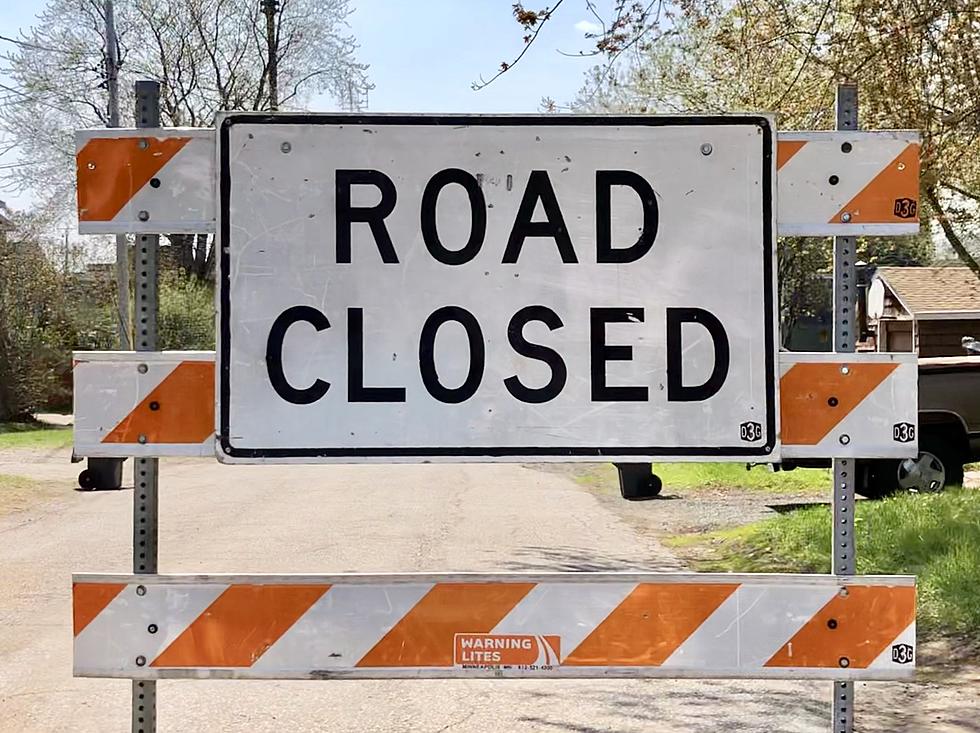
Paul Stanley Wishes Kiss Had Treated Eric Carr ‘More Sensitively’
Paul Stanley said he wishes Kiss had treated Eric Carr's illness with more sensitivity, and he regrets that the drummer felt betrayed by the band during the health battle that ultimately cost him his life.
"I'm not a big believer in mistakes," Stanley said when asked about his biggest regret during a recent interview with Howard Stern. "I believe that everything you do gets you to where you wind up, and without those mistakes, you wouldn't succeed on the level you could have. But the one thing that I think personally was a mistake was when our second drummer, Eric Carr, got sick with cancer."
Carr died in November 1991 after being diagnosed with a rare case of heart cancer. Earlier that year, Kiss recorded the track "God Gave Rock 'n' Roll to You II" for the Bill & Ted's Bogus Journey soundtrack, with Eric Singer replacing Carr on drums. Carr did provide backing vocals for the track and insisted on appearing in the video despite his failing health.
"Eric desperately wanted to work on the song, but he was still very frail," Stanley recalled in his 2014 book Face the Music. "If I knew then what I know now — I never thought this might be his last chance to perform — I would have let him play, but at the time I was sure that he would beat the odds."
Carr became even more upset when the band made plans to record their next album without him, rationalizing that he should instead focus on his recovery. "Once we told him we were going to record Revenge, he cut himself off from us. ... Though I thought I had made the best choices at the time, I began to realize I'd been wrong," Stanley noted. "We had cut Eric off in perhaps the worst way, by denying him what mattered most to him — his place in Kiss."
Stanley admitted to Stern that he and his bandmates struggled to come to terms with the rarity and severity of Carr's illness. "He had heart cancer, which, there's [only] six cases a year," he said. "At first we didn't believe it could possibly be true, and over a short time, it became clearer. He had major heart surgery. And I think that the brain just doesn't let you comprehend — at least it didn't in that case — mortality.
"I didn't believe that he could possibly die," Stanley continued. "I thought this was a new ongoing condition: 'OK, he's got this and then it'll go away.' And had I known, I think we would have treated it more sensitively. We took care of him, we paid his medical bills, but we also told him, 'We're going to continue as a band while he's sick.' Well, he wasn't 'while he's sick.' He was dying."
"We flew to Eric's bedside immediately, as soon as we knew he went to the hospital, and [asked], 'Is there anything we can do?' All that," Gene Simmons added during the Stern interview. "And Paul's right — you just [think], 'Oh, he's sick, he's in the hospital.' You just don't think he's going to pass away."
Looking back at the ordeal, Stanley said he understood why Carr distanced himself from Kiss. "In hindsight, you go, Wait a minute. They told us he had this cancer that affects six people a year, and somehow we were just able to ... we did what we thought was caring, but we didn't take into account the depth of what was happening," he concluded. "So yes, I feel bad about that, and he rightfully pulled himself away from us and felt betrayed."
Kiss dedicated 1992's Revenge to Carr and closed the album with an instrumental track featuring an extended solo by the drummer. When Rolling Stone neglected to cover Carr's death, the band wrote a scathing letter to the magazine, which Stanley shared on Twitter in 2015. In it, the group described Carr as "someone who still lived and believed in the spirit of rock 'n' roll ... we loved him, the fans loved him and he will never be forgotten."
Hear Kiss Perform 'Carr Jam 1981'
Kiss Lineup Changes: A Complete Guide
More From KYBB-FM / B102.7








